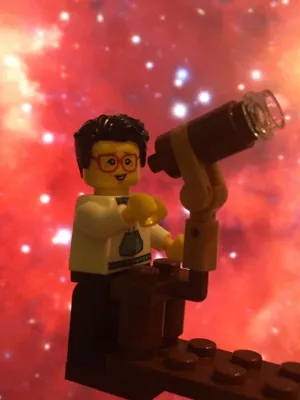
Arne Ardeberg
Professor emeritus

Science with Euro50
Author
Summary, in English
Department/s
- Lund Observatory - Has been reorganised
Publishing year
2002
Language
English
Pages
60-71
Publication/Series
Future Research Direction and Visions for Astronomy
Volume
4835
Document type
Conference paper
Publisher
SPIE
Topic
- Astronomy, Astrophysics and Cosmology
Keywords
- stellar evolution
- exoplanets
- planet formation
- ELT
- science case
- cosmology
Conference name
Conference on Future Research Direction and Visions for Astronomy
Conference date
2002-08-25 - 2002-08-26
Conference place
Waikoloa, HI, United States
Status
Published
ISBN/ISSN/Other
- ISSN: 0277-786X
- ISSN: 1996-756X

